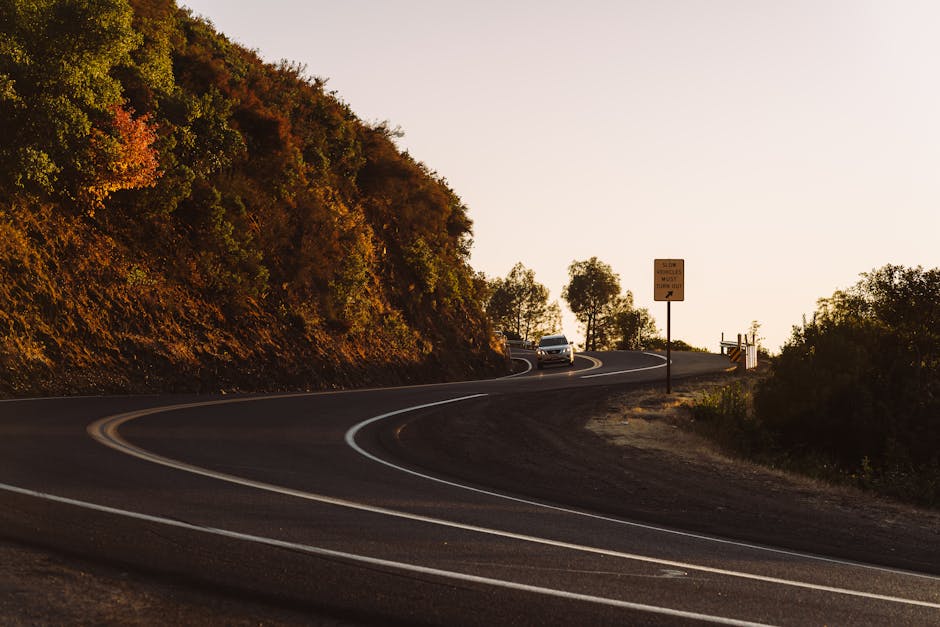Solo travel safety tips are essential for anyone setting out on an adventure alone. While solo travel offers unparalleled freedom and self-discovery, staying safe on the road requires preparation, vigilance, and smart decision-making. At Journey Atlas, we believe that your inner journey is best supported by practical strategies to ensure your outer travels are secure and enjoyable. Whether you’re a first-time solo traveler or a seasoned explorer, these actionable tips will help you navigate new destinations with confidence and peace of mind.
Personal Security for Travelers: Building a Foundation of Awareness
When it comes to solo travel, personal security starts with a mindset of proactive awareness. Before you even leave home, research your destination thoroughly—understand local customs, areas to avoid, and any recent safety alerts. Enroll in programs like the US Department of State’s Smart Traveler Enrollment Program (STEP) if you’re a US citizen; this free resource provides updates about your destination and can assist you in emergencies.
Once on the road, practice situational awareness at all times. Avoid distractions like headphones or excessive phone use, especially in unfamiliar or crowded places. Dress to blend in with locals rather than standing out as a tourist, and keep flashy jewelry or expensive electronics out of sight. Trust your instincts—if a situation feels off, remove yourself immediately. Never share your exact travel plans or accommodations with strangers, and if asked whether you’re traveling alone, it’s wise to mention you’re meeting someone or have friends nearby. These simple habits help you avoid becoming an easy target and empower you to explore with confidence.
How to Stay Safe Traveling Alone: Smart Habits for Every Destination
Adopting smart daily habits is crucial for solo travelers. Carry your backpack or purse in front of you, especially in crowded areas, to deter pickpockets. Always keep your valuables—passport, money, and important documents—in a secure, hidden location. Consider using a money belt or hidden pouch for extra protection. Make digital and physical copies of your travel documents and store them separately from the originals.
When navigating new cities, avoid appearing lost. Plan your routes in advance and walk with purpose. If you need to check maps or directions, step into a café or shop rather than standing on the street. At night, stick to well-lit, populated areas and avoid shortcuts through alleys or deserted streets. If you’re using public transportation, stay alert and choose seats near the driver or other passengers. And remember, moderation is key—keep your wits about you if you choose to enjoy local nightlife, and never accept drinks from strangers or leave your beverages unattended.
Avoiding Scams: Staying One Step Ahead
Travel scams can happen anywhere, but solo travelers are often seen as easier targets. The best defense is knowledge: familiarize yourself with common scams in your destination, such as distraction thefts, fake taxi drivers, or overly friendly strangers offering unsolicited help. If someone approaches you with a story that seems too good to be true, maintain a polite but firm distance.
Be cautious when sharing personal information, both in person and online. Limit your real-time social media updates to avoid broadcasting your location or plans. When booking tours or transport, use reputable providers and double-check credentials. If you feel pressured or uncomfortable during a transaction, walk away. Trustworthy businesses will never rush or intimidate you into making decisions. By staying informed and alert, you can enjoy your journey without falling victim to common travel pitfalls.
Emergency Preparedness: Planning for the Unexpected
No matter how careful you are, emergencies can happen. Being prepared ensures you can respond calmly and effectively. Before you depart, share your travel itinerary with a trusted friend or family member, including contact details and accommodation information. Keep emergency contacts—such as local authorities, your country’s embassy, and insurance providers—readily accessible, both digitally and on paper.
Pack a basic first aid kit and any prescription medications you may need for the duration of your trip. Learn a few key phrases in the local language, especially those related to asking for help or medical assistance. Identify the nearest hospital or clinic to your accommodation upon arrival. Finally, have a plan for accessing funds in case your wallet is lost or stolen, such as carrying a backup credit card or using a secure travel money app. With these precautions in place, you’ll be ready to handle unexpected challenges and continue your adventure with confidence.
